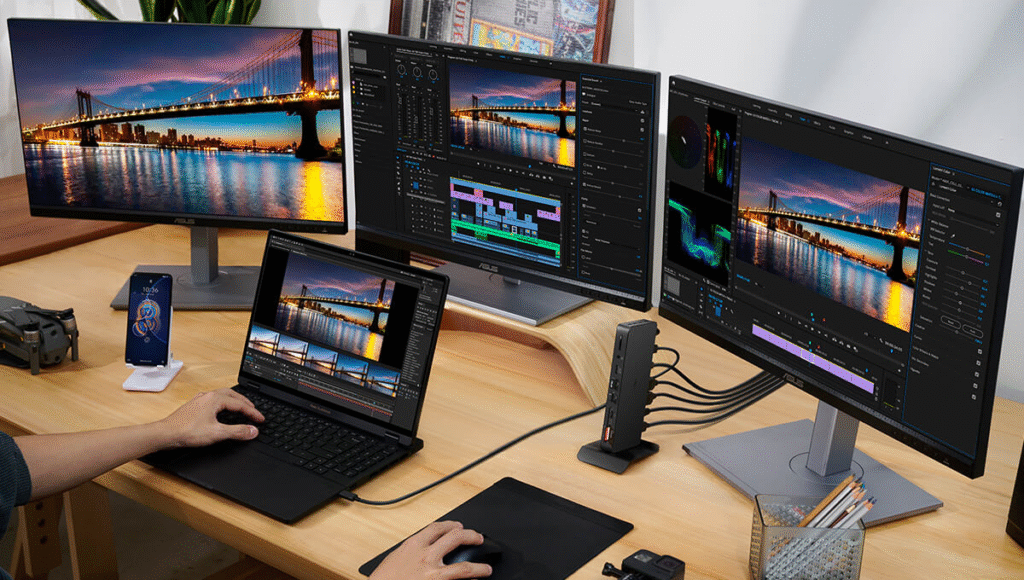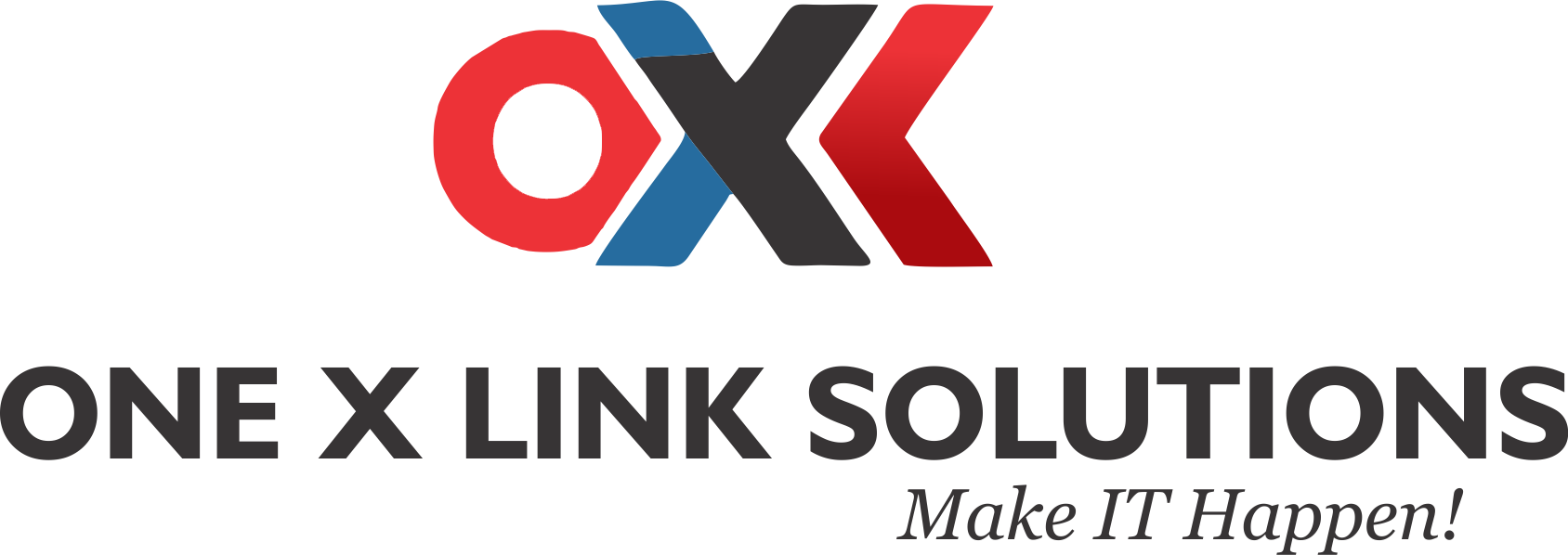
Not all businesses need the same tech setup. Whether you're managing a remote team, running a design studio, or hosting your own application, choosing the right IT equipment is critical. This guide helps you navigate key decisions when renting servers or laptops—so you get performance, reliability, and value for every rupee spent.
Understanding Your Usage Requirements
Before you decide what type of IT equipment to rent, you need to clearly define what tasks the device will perform. Choosing blindly often leads to either underpowered machines or wasted money on overkill configurations. By understanding your team’s usage patterns, you can match the specs to the workload—ensuring efficiency and cost-effectiveness.
For example, if you're a small business whose employees mainly use Excel, email, and cloud apps like Google Workspace, then basic laptops or desktops with mid-range processors (like Intel i5 or AMD Ryzen 5) and 8GB RAM will do just fine. These devices are energy-efficient, lightweight, and affordable to rent.
However, if you run a creative agency dealing with video editing, 3D rendering, or motion graphics, you’ll need machines with high-performance GPUs (NVIDIA or AMD), faster processors (i7/i9 or Ryzen 7/9), and more RAM—typically 16GB to 32GB. SSD storage is also a must for fast file access.
For example, if you're a small business whose employees mainly use Excel, email, and cloud apps like Google Workspace, then basic laptops or desktops with mid-range processors (like Intel i5 or AMD Ryzen 5) and 8GB RAM will do just fine. These devices are energy-efficient, lightweight, and affordable to rent.
However, if you run a creative agency dealing with video editing, 3D rendering, or motion graphics, you’ll need machines with high-performance GPUs (NVIDIA or AMD), faster processors (i7/i9 or Ryzen 7/9), and more RAM—typically 16GB to 32GB. SSD storage is also a must for fast file access.
When it comes to servers, usage needs become even more specific:
-
Web hosting? Opt for a server with high uptime, SSD storage, and sufficient bandwidth.
-
Data analysis or heavy computation? Choose machines with powerful CPUs, GPU support, and large memory.
-
Virtualization or cloud hosting? You’ll want scalable virtual environments, redundancy, and secure networking.
In essence, knowing your use case helps avoid bottlenecks, overpaying, and the headache of equipment mismatches.
Key Specifications to Consider
Once you've identified your usage needs, the next step is to understand the key specifications that determine device performance. Here's a quick guide to the specs that matter when renting laptops, desktops, or servers:
Processor (CPU): The brain of the machine. For general office work, Intel i3/i5 or Ryzen 3/5 works well. For high-performance tasks like coding, editing, or simulations, go for i7/i9, Ryzen 7/9, or Xeon series.
RAM (Memory): 8GB is the baseline for everyday tasks. 16GB–32GB is ideal for heavy multitasking, design work, or development environments. Servers may need 64GB or more depending on workload.
Storage: SSDs are faster and more reliable than HDDs. Choose SSDs for speed, particularly if you're working with large files or need quick boot times. Consider hybrid or larger capacity if you need bulk storage (especially for servers).
Graphics (GPU): Not always needed, but essential for video editing, CAD, gaming, or design work. Go for NVIDIA GTX/RTX or AMD Radeon series. For servers doing GPU-based computing, look at Tesla or Quadro cards.
Screen Size & Resolution (for laptops): If you're on the move, go for a 13–14” device for portability. For detailed work or multitasking, a 15.6” or even a 17” screen with Full HD or 4K resolution may be better.
Processor (CPU): The brain of the machine. For general office work, Intel i3/i5 or Ryzen 3/5 works well. For high-performance tasks like coding, editing, or simulations, go for i7/i9, Ryzen 7/9, or Xeon series.
RAM (Memory): 8GB is the baseline for everyday tasks. 16GB–32GB is ideal for heavy multitasking, design work, or development environments. Servers may need 64GB or more depending on workload.
Storage: SSDs are faster and more reliable than HDDs. Choose SSDs for speed, particularly if you're working with large files or need quick boot times. Consider hybrid or larger capacity if you need bulk storage (especially for servers).
Graphics (GPU): Not always needed, but essential for video editing, CAD, gaming, or design work. Go for NVIDIA GTX/RTX or AMD Radeon series. For servers doing GPU-based computing, look at Tesla or Quadro cards.
Screen Size & Resolution (for laptops): If you're on the move, go for a 13–14” device for portability. For detailed work or multitasking, a 15.6” or even a 17” screen with Full HD or 4K resolution may be better.
Desktop vs. Laptop vs. Server – What to Rent?
Choosing between a desktop, laptop, or server depends on your business model, employee workflow, and physical setup. Each option comes with distinct benefits:
Laptops: Ideal for mobility and flexibility. Remote employees, sales professionals, consultants, and freelancers benefit most from laptop rentals. Today’s laptops are powerful enough to handle everything from basic office work to complex development tasks. They also save space and are easy to transport. When to rent laptops: Remote team setups Temporary consultants Employees who travel frequently Events or training sessions
Desktops: Great for performance and cost-efficiency in a fixed location. Desktops usually deliver more computing power for less money compared to laptops with similar specs. They’re also easier to upgrade or customize. However, they’re not portable and require more space. When to rent desktops: In-house development or design teams Call centers or BPOs Office setups with consistent staffing Power users who don’t need mobility
Servers: Crucial for businesses with specific computing needs—like hosting websites, managing data, or running backend applications. Renting servers allows companies to handle large workloads, provide secure access to data, or build private cloud infrastructure without buying expensive enterprise hardware. When to rent servers: For launching a web application or SaaS platform When running data analytics, simulations, or AI models To host internal tools, CRMs, or virtual environments During business expansion, when cloud servers become too costly
Laptops: Ideal for mobility and flexibility. Remote employees, sales professionals, consultants, and freelancers benefit most from laptop rentals. Today’s laptops are powerful enough to handle everything from basic office work to complex development tasks. They also save space and are easy to transport. When to rent laptops: Remote team setups Temporary consultants Employees who travel frequently Events or training sessions
Desktops: Great for performance and cost-efficiency in a fixed location. Desktops usually deliver more computing power for less money compared to laptops with similar specs. They’re also easier to upgrade or customize. However, they’re not portable and require more space. When to rent desktops: In-house development or design teams Call centers or BPOs Office setups with consistent staffing Power users who don’t need mobility
Servers: Crucial for businesses with specific computing needs—like hosting websites, managing data, or running backend applications. Renting servers allows companies to handle large workloads, provide secure access to data, or build private cloud infrastructure without buying expensive enterprise hardware. When to rent servers: For launching a web application or SaaS platform When running data analytics, simulations, or AI models To host internal tools, CRMs, or virtual environments During business expansion, when cloud servers become too costly
